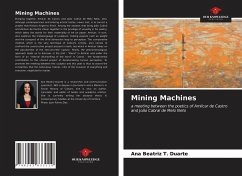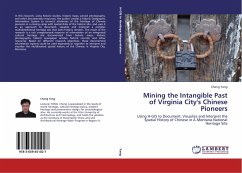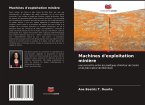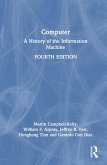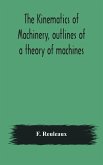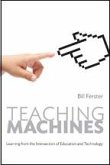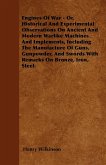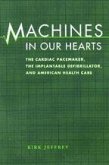Bringing together Amilcar de Castro and João Cabral de Melo Neto, who, although contemporaries and sharing artistic tastes, never met, is to correct a project that History forgot to finish. Among the aspects that bring João Cabral and Amilcar de Castro closer together is the privilege of visuality in his poetry, which takes the words for their materiality of ink on paper. Amilcar, in turn, also explores the metalanguage of sculpture, making aspects such as weight and the conquest of the third dimension leap to perception. The comparative method, which is the very technique of Cabral's similes, also serves to confront the constructive project present in both, but which in Amilcar takes on the peculiarities of the neo-concrete rupture. Finally, the phenomenological approach leads us to discover in the fold - "literal" in Amilcar and under the form of an "internal dismantling of the word" in Cabral - the fundamental contribution to the shared project of denaturalizing human perception. To promote the meeting between this sculptor and this poet is thus to assert the similarities that the meticulous Cabral, critic of the museum of everything and everyone, neglected to realize.
Bitte wählen Sie Ihr Anliegen aus.
Rechnungen
Retourenschein anfordern
Bestellstatus
Storno

